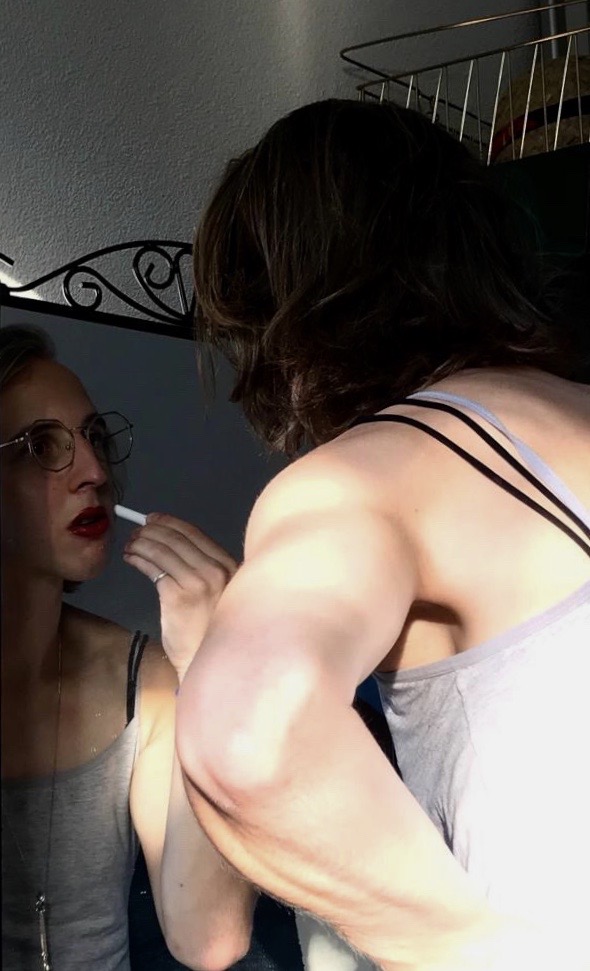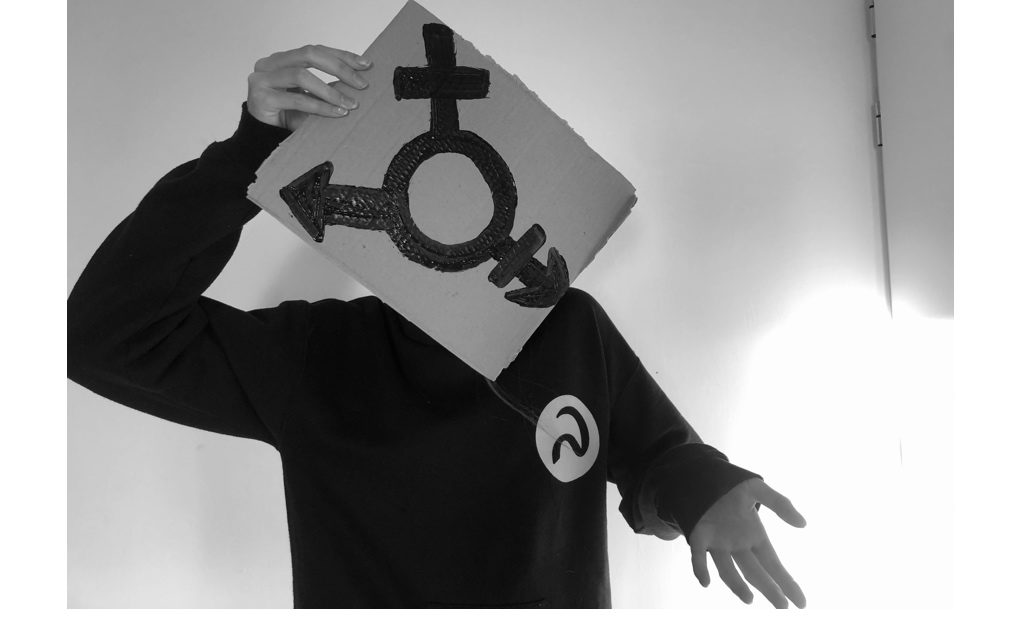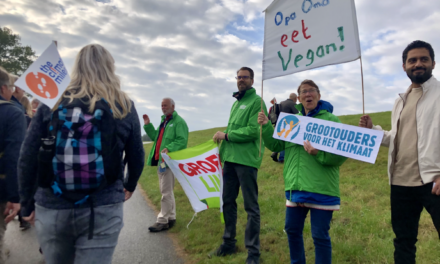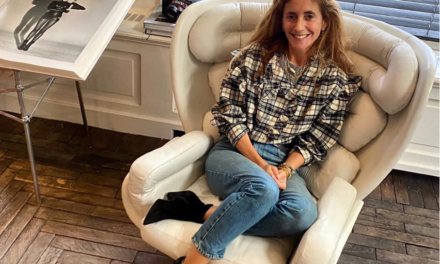New gender identities have been more prevalent in society during the last couple of years. Moving away from the stereotypical ‘male’ and ‘female’, the media talks more and more about non-binary genders these days. It seems like non-binary identities have ‘normalised’ in today’s society. However, to what extent is this true? How do queer gender people think about this? Mik Nordkamp, who identifies as non-binary, talks about their experiences.
Most people, including most transgender people, are either male or female. But some people don’t nearly fit into the catogories of ‘man’ or ‘woman’ and do not identify with any gender. These people use many different terms to describe themselves, with non-binary being one of the most common. According to an investigation from the European Union Agency for Fundamental Rights in 2014, approximately one out of three transgender people identify as non-binary. Some non-binary people use gender neutral pronouns. The use of singular ‘they’ and ‘them’ is most common. Mik Nordkamps also uses the pronouns ‘they’ and ‘them’.
“I’ve always had the feeling that there was something different about me. I was raised by my parents as a boy and when I hung out with my friends who were quite cool and tough, I felt like i didnt really belong there. I had the feeling I didn’t really know how it was supposed to feel to be a boy, but at the same time I also didn’t feel girly. When I was in high school I really felt like something wasn’t right with me and I struggeled a lot with myself back then. In my twenties I finally started to learn about non-binary identities and a new opportunity came to light. After lots of research I finally knew this was it for me. It took almost one year before I opened up about my gender.”
Enlarge

Foto of Mik Nordkamp putting on lipstick
“A couple of years ago there was not much knowledge about queer genders and non-binary identities and most people didn’t even know about it. Nowadays that has changed and it appears more in the media which certifies that more people percieve it. On the one hand, I’m really happy and relieved that today’s society has more knowledge about non-binary genders. It’s positive that people know being non-binary is also an option and more knowledge leads to society better understanding the way I feel. On the other hand, more people knowing about it comes with more critizism and despise. I remember a Dutch news website announced that for the first time ever, a non-binary actor got a part in a reality soap and it got so many dislikes and hurtful comments. I was shocked and felt misunderstood. In the beginning it felt like non-binarity was invisible and so was the negativity that came with it. But now that non-binary genders are normalising, the hate suddenly gets way more visible.”
Like the Dutch reality soap is supporting non-binary actors, more countries are trying to normalise or support queer genders. Globally, multiple countries legally recognise non-binary or third gender classifications and have introduced X gender passports. An article of The Employers Network for Equality & Inclusion, shows Canada introduced gender neutral passports with an X category in 2019. Australia, Argentina, the Netherlands, Denmark, Germany, Malta, New Zealand, Pakistan, India and Nepal already have a third category. Besides gender neutral passports, the EU also has a funding for LGBTI equality. The European Commission supports EU countries and civil society in ending discrimination through the rights, equality and citizenship. Unfortunately despite the support there is right now for non-binary genders, there is still a lot of negativity and hate going around.
“Personally I’ve never gotten any hurtful or negative comments because of who I am. Ofcourse I sometimes notice people staring, but luckily I did not receive any hateful comments. Yes, I’ve had people who just could not, or would not understand the way I feel, but that doesn’t bother me that much. I don’t really talk about my gender with the outside world, I don’t need to show off. However, I do think schools should educate students more about queergenders and non binary identities. It’s important to let children know it’s a possibilty to feel different. If I had known earlier about non binarity I think I would have found my identity a lot sooner. Today’s society is growing into a more gender accepting society, but we’re not there yet. No matter how you feel or who you are, everyone should be free to express themselves and just be who they want to be.”




